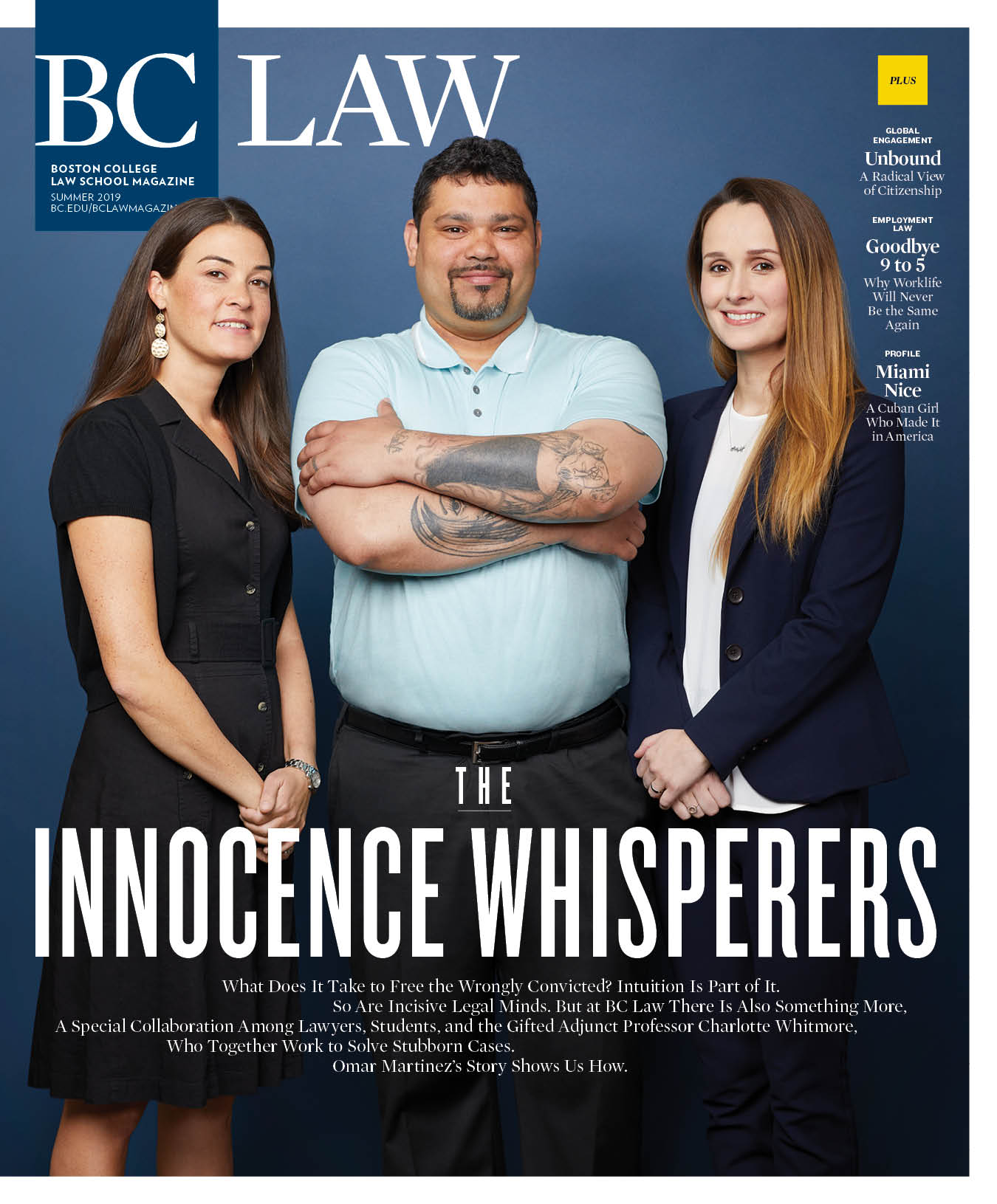Why, in the 21st century, is the American justice system still failing so many people? Things certainly began to look better over the past year as reform efforts resulted in a host of new state laws and in the most important federal legislation on the issue in years. But the measure’s name, the First Step Act, is a reminder that getting the laws of the land right has, and will continue to be, a long, slow slog to true justice.
For every day, week, month, and year that goes by without full accountability for the consequences of outdated, inadequate, and broken policies and laws, the lives of those trapped in the system are damaged. We’re talking human beings here. For all the hue and cry among some Americans for the sanctity of life, liberty, and the pursuit of happiness, it seems the national will has yet to catch up with that principled call for human dignity.
These sorrowful thoughts are brought to mind by the subject of our cover story, a man named Christopher “Omar” Martinez (“The Innocence Whisperers”). Imprisoned in his early twenties for murder, he spent nearly two decades behind bars. Thanks to an intensive investigation by the Boston College Innocence Program, together with a collaborative group of advocacy organizations and individuals, he walked out of a courtroom in April a free man.
Martinez got lucky, in a manner of speaking, but imagine saying such a thing to describe a circumstance that never should have occurred in the first place. According to the National Registry of Exonerations, 1,600 people have been exonerated in the United States since 1989; that includes pardons, dismissals, acquittals, and the like.
That number is stunning, when even one is too many. How does the most advanced nation in the world justify a justice system that, in this circumstance at least, feels like a throwback to the Dark Ages, when a person could be locked in a dungeon and the key carelessly tossed away?
It is hard to square Martinez’s warm and optimistic demeanor with the attitudes one would expect from a man who endured the cruelties and debasements of unjustifiable incarceration. Somehow, though, with the help of his faith, his fundamental amiability, and his restored belief in the “good” in others and in the rule of law, he seems to have reconciled his past with the future he now hopes to live and the difference he hopes to make.
That’s how all of humanity should behave.
Vicki Sanders, Editor
vicki.sanders@bc.edu



